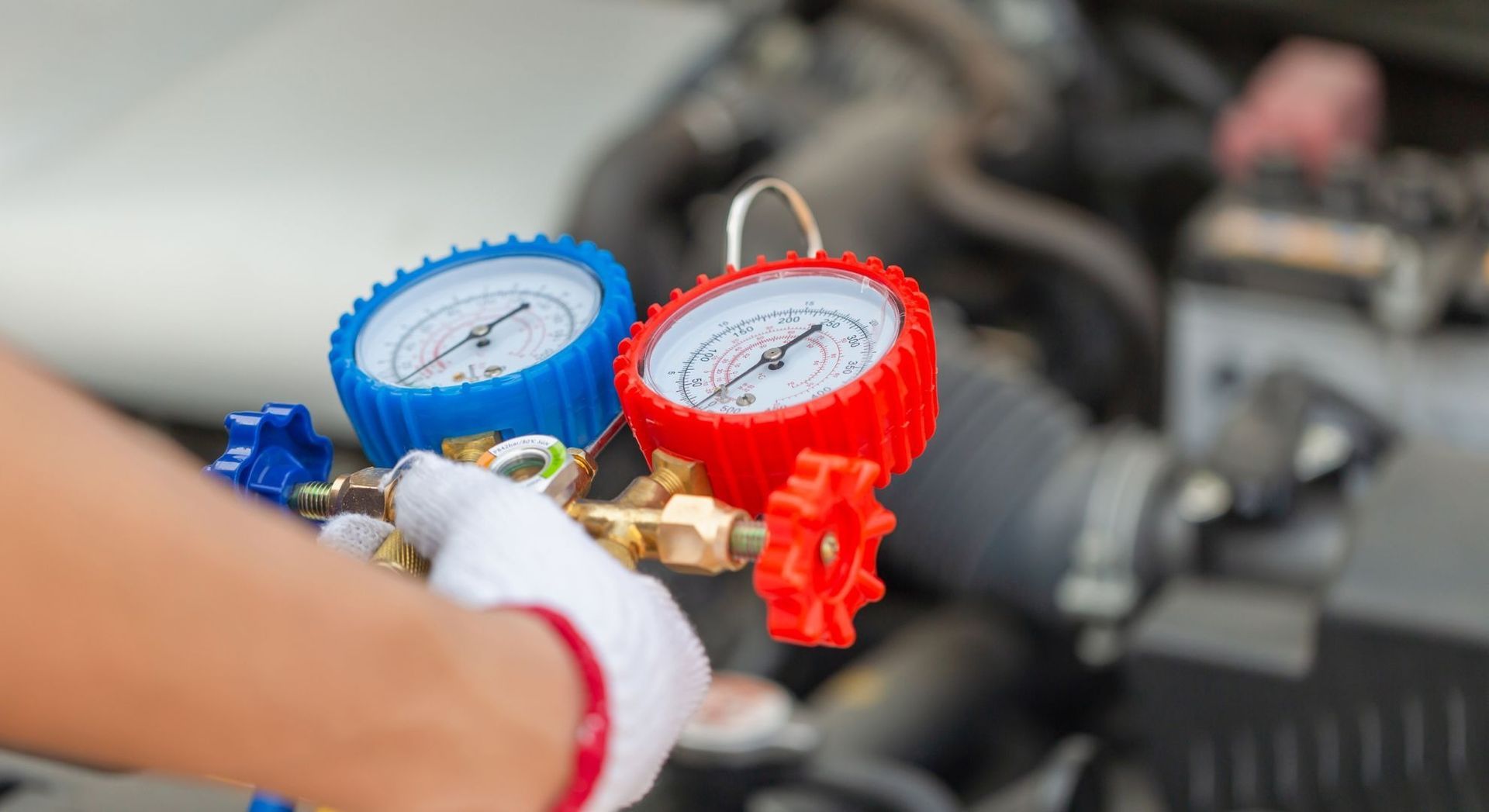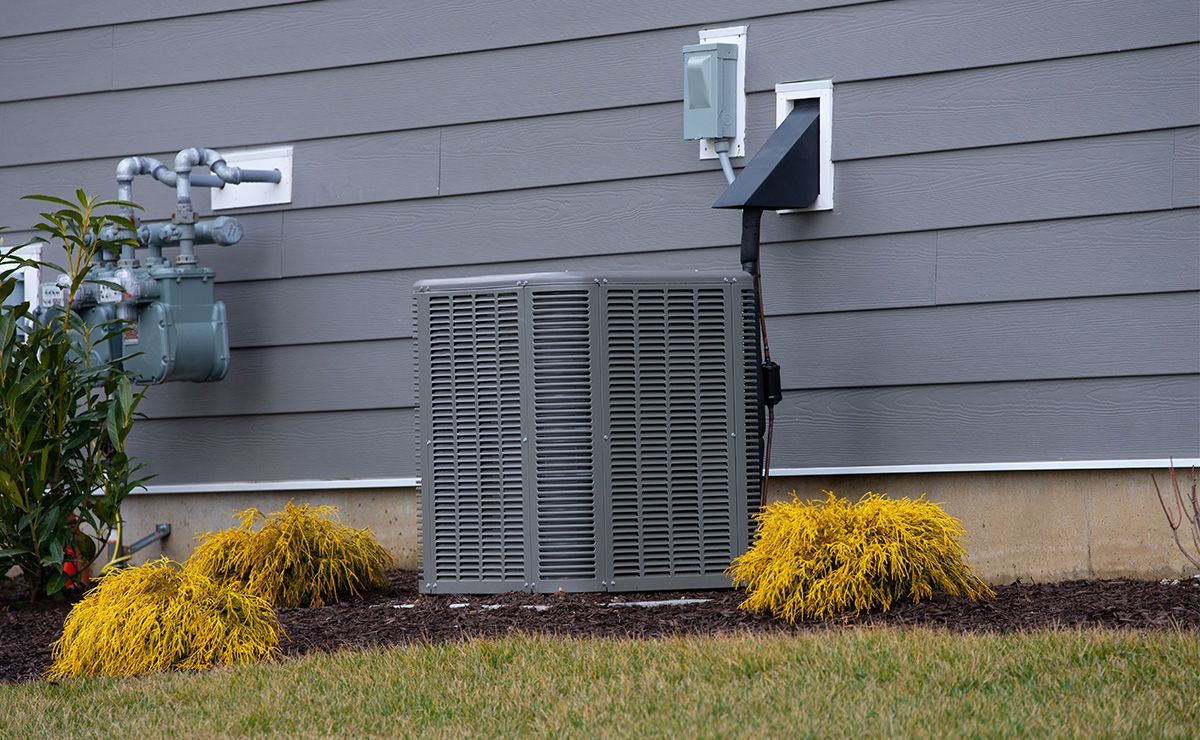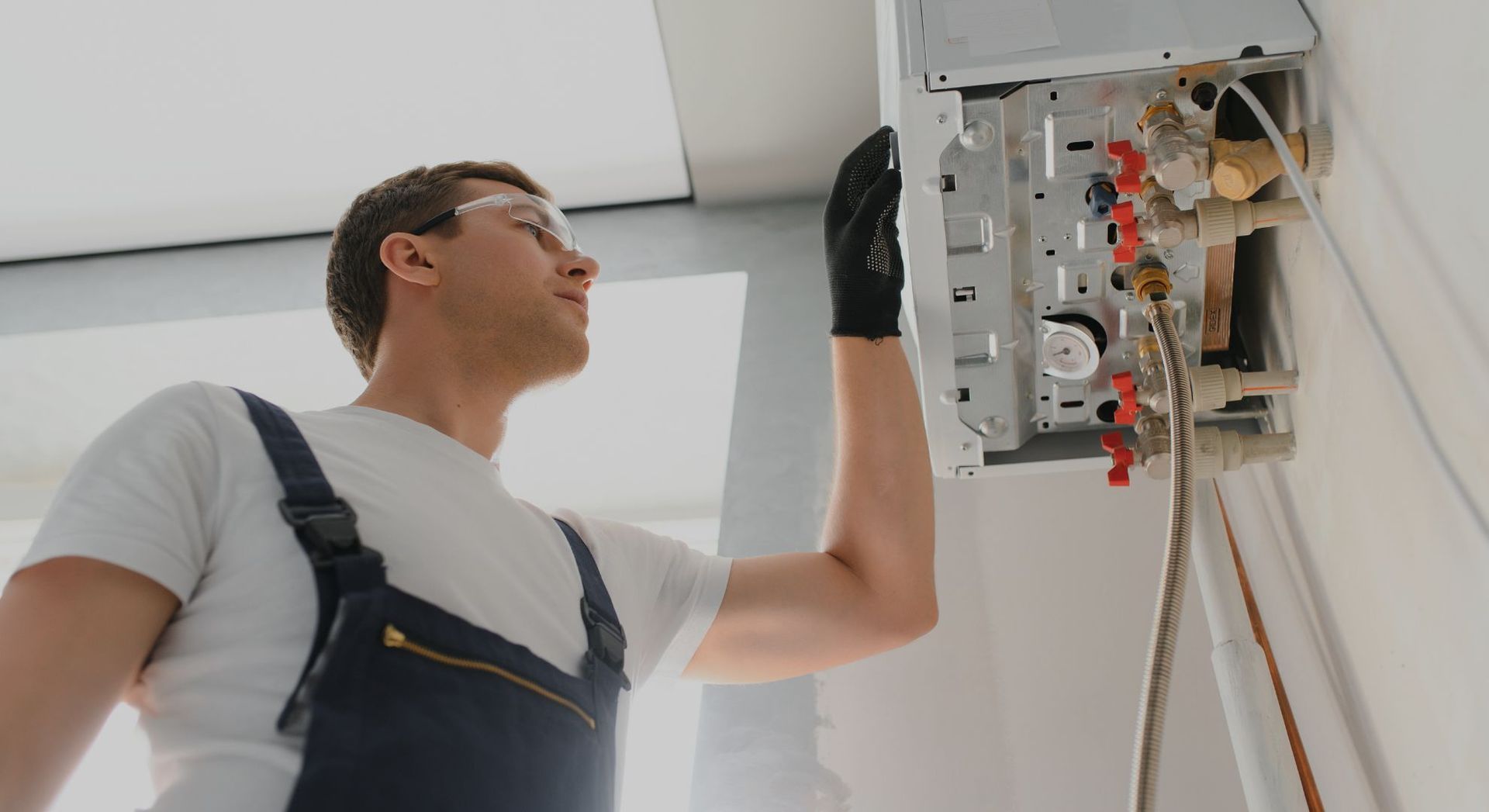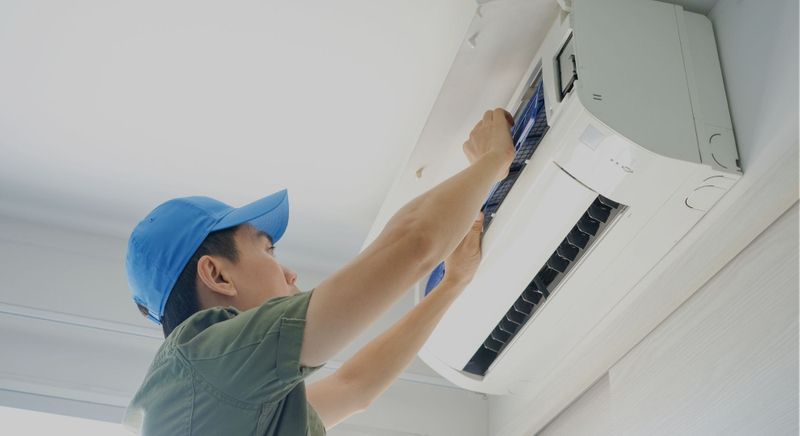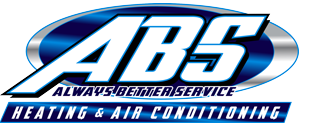When to Repair Vs. When to Replace Your Air Conditioner
When it comes to your air conditioning system, knowing whether to repair or replace it can be a crucial decision. At ABS Heating And Air Conditioning in Campbell, CA, we understand the importance of this choice. In this guide, we will discuss the factors to consider when deciding between repairing or replacing your air conditioner. Call today.
Age of the Air Conditioner
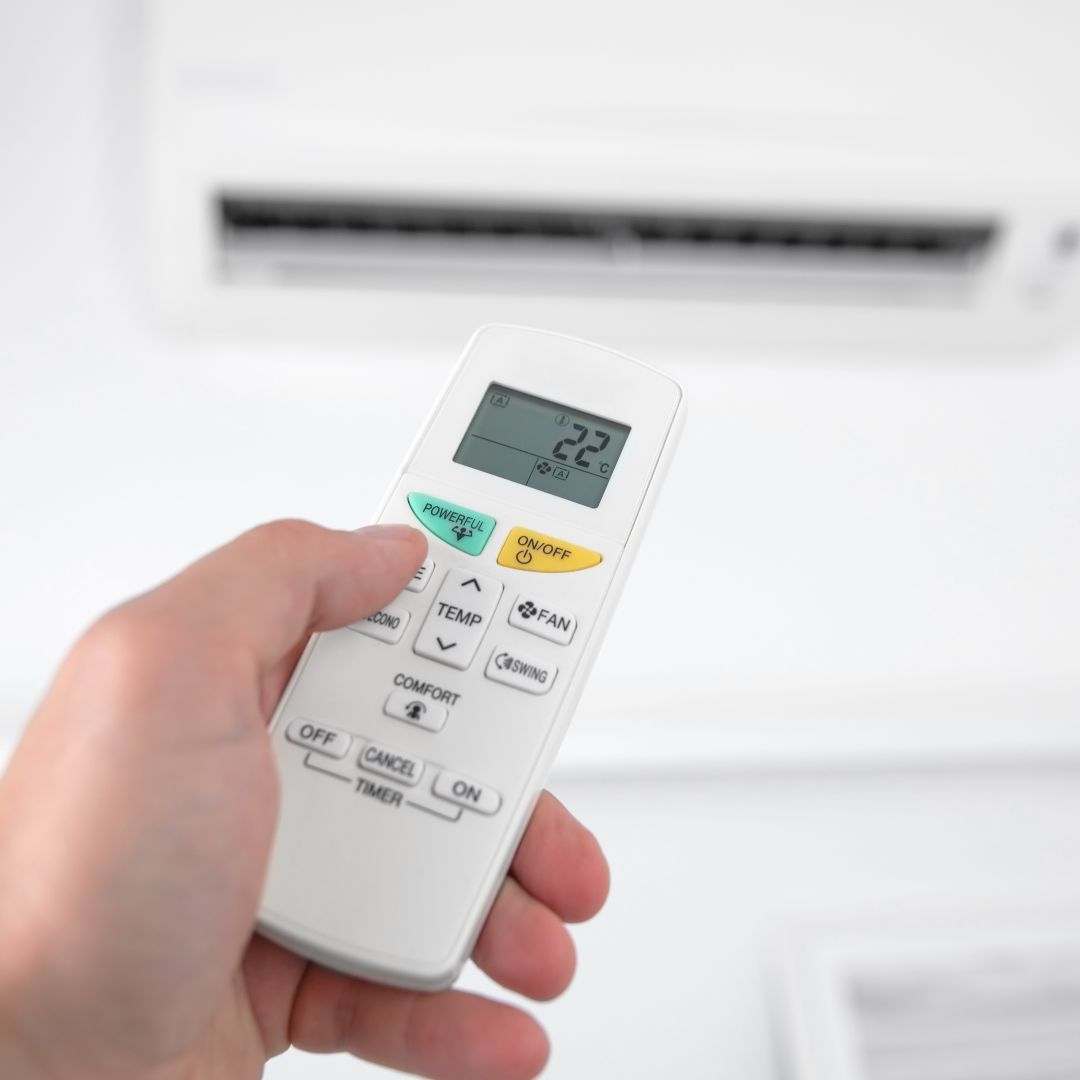
One key factor to consider is the age of your air conditioner. A general rule of thumb is that if your AC unit is over 10-15 years old and requires frequent repairs, it may be more cost-effective to replace it. Our team at ABS Heating And Air Conditioning can assess the age and condition of your system to provide expert advice tailored to your needs.
Energy Efficiency
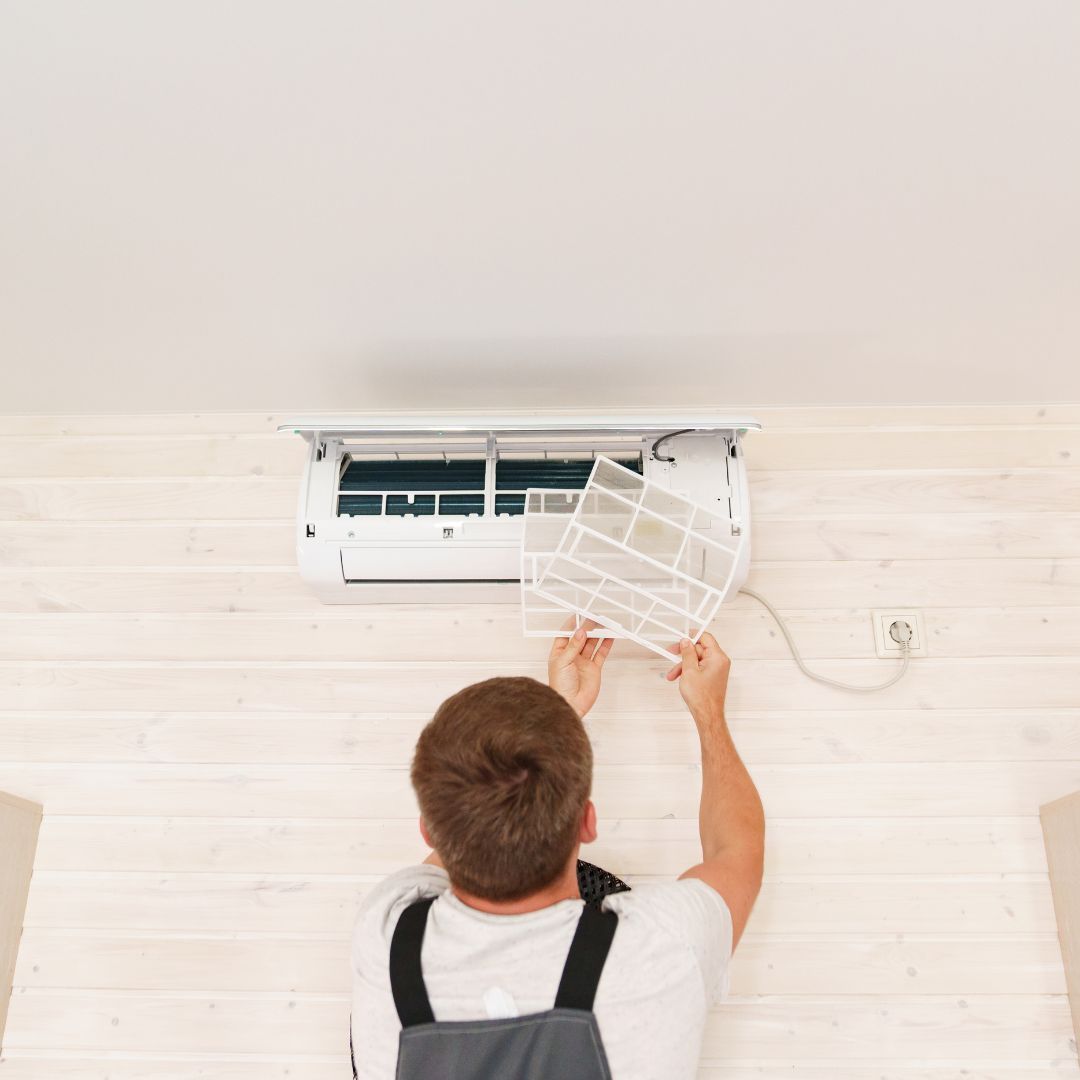
Older air conditioners tend to be less energy-efficient, leading to higher utility bills. If you notice a significant increase in your energy costs, it might be time to consider a more energy-efficient model. Our HVAC specialists in Campbell can help you explore energy-efficient options and guide you in selecting the best system for your home.
Frequency of Repairs
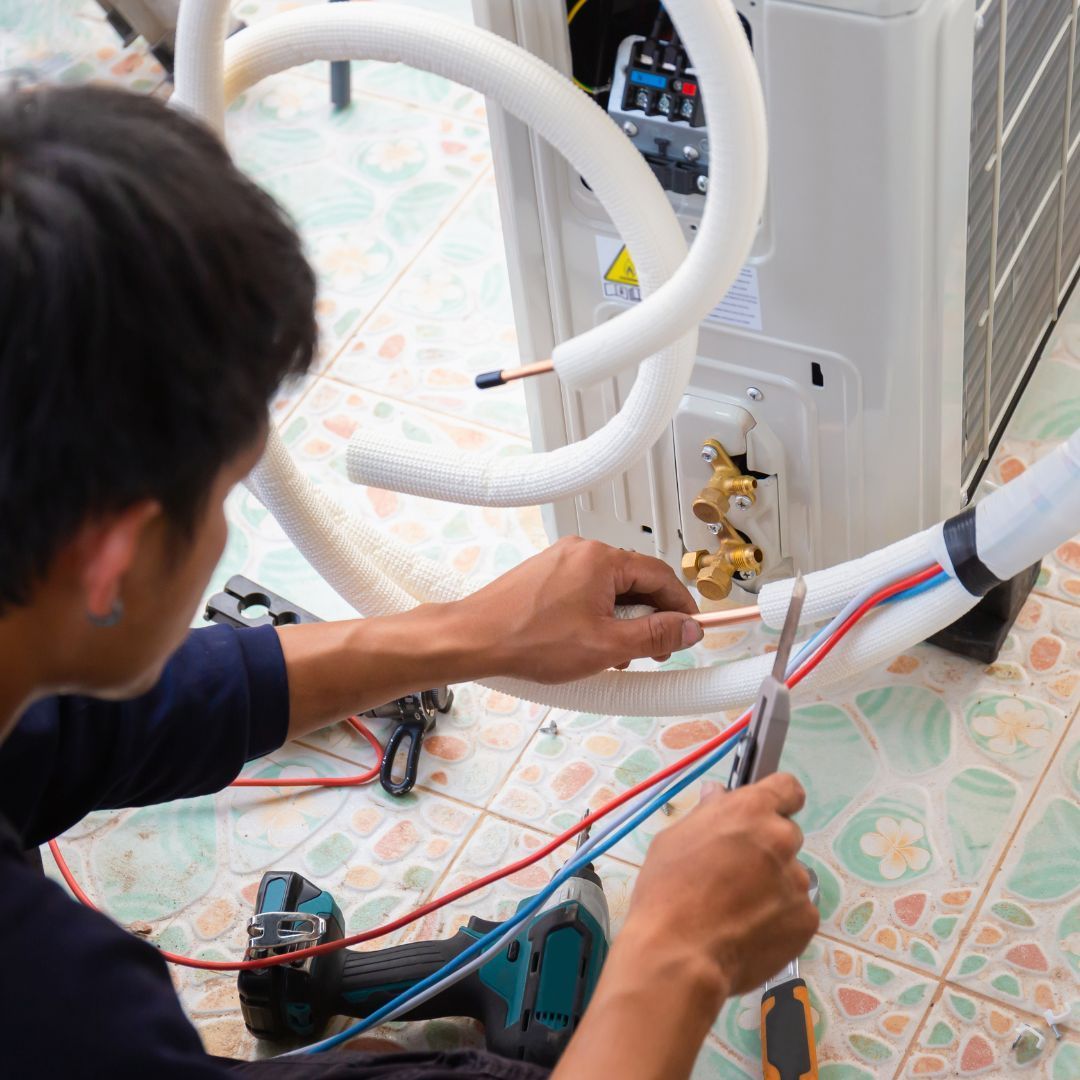
Constant repairs can add up quickly and become a financial burden. If you find yourself scheduling repairs frequently, it might be more cost-effective in the long run to invest in a new air conditioning system. Our experienced AC technicians can evaluate the condition of your current unit and provide a comprehensive cost analysis to help you decide.
Cooling Performance
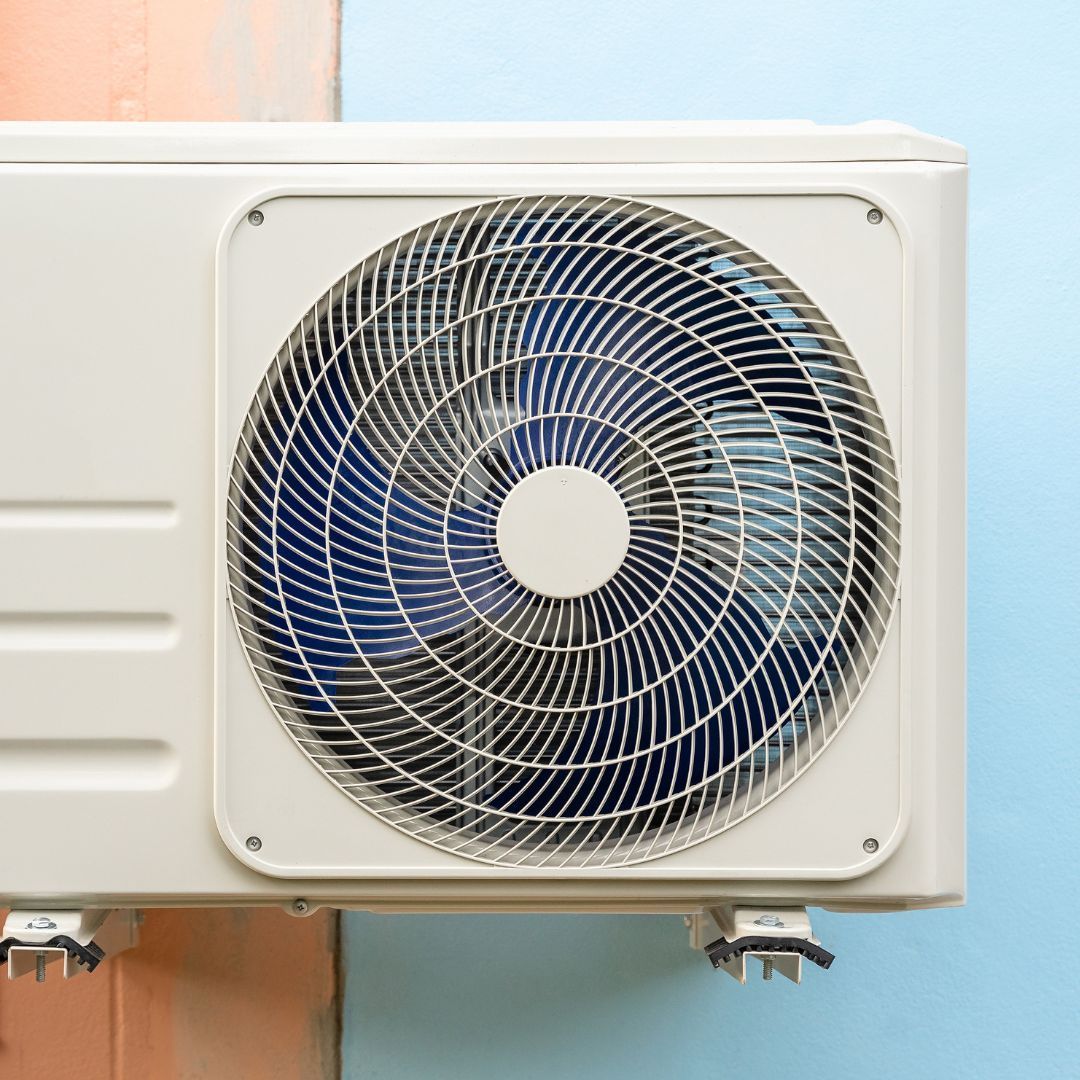
If your air conditioner struggles to maintain a consistent and comfortable temperature in your home, even after repairs, it may be a sign that it's nearing the end of its lifespan. Upgrading to a new system can enhance your indoor comfort and improve overall cooling performance. Let our team at ABS Heating And Air Conditioningassess your cooling needs and recommend the right solution for you.
CALL TODAY
At ABS Heating And Air Conditioning, we prioritize your comfort and satisfaction. Contact us today for expert advice on your air conditioning needs in Campbell, CA.
